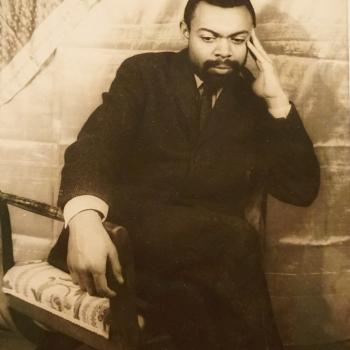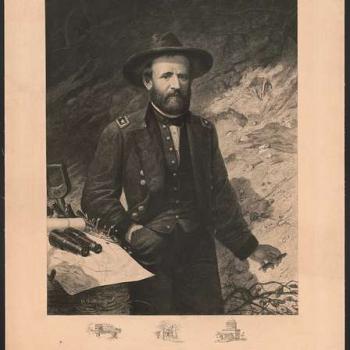What these last few years have shown is just how pervasive these attempts are (and were!), regardless of the prima facie form of government before us. This is well understood by Mitch McConnell, though most Democrats continue to struggle with the idea. The Senate majority leader saw that a party would do better by refusing to work with the other side. He tried it out, and, well—Obama got very little done, ended his tenure demonized, and preceded a Trump presidency. It worked; it worked because McConnell saw that the rules of the Senate were elastic, that its many norms and forms of decency were mutable. So, he changed them and changed our country in the process. He doesn’t need to alter our form of government to continue to benefit his team; in fact, the current system (including the electoral college) sit just fine with him. It’s about power, not form. Again, Democrats have generally lagged behind in seeing this, hence the desire of many to just get back to the way things were (or seemed) in the Obama years (a chorus of figures Obama himself has now joined!). In attempting this, they betray how little they’ve learned, as if some return to an appointed age of reason and civility could somehow win over the other side. Whatever norms allowed that are fast collapsing, perhaps even completely gone.
My goal here is not to offer any prognostication about who will be our next president, nor is to prophesy about what form of post-liberalism may or may not await us. No—I present these as facts that we must understand going forward; I am writing this to propose the ground on which future debates must happen. This seems, as I suggested above, fairly clear to many (though not all) younger people, though it may be hard to digest for those who grew up in a different world (and I do not envy them, for this transition is indeed a traumatic one).
More important, however, is what this means for Christians. We are called to be in the world, but not of it, to somehow bring love and grace into a fallen realm. Thankfully, our trump card in this regard is belief in the apocalypse; time and history will end, and thus what we do here and now is measured against that fullness of time, not the mere powers and desires of this world. This, however, cannot be an excuse to ignore the political (which is always already everywhere anyway, something many eminent theologians, following Aristotle and Augustine have noted).
In this regard, the unmasking of the secular as a set of power games is refreshing. There can no longer be the illusion that somehow this current form of government is incorruptible or the most Christian. Power will always seep through; no excess of proceduralism can change that. To this day technocrats try to fact check the Trump administration, not understanding that that’s never been what his support is about; they, mired in the way things were, cannot see what lay behind the rules of decorum. They bear witness to a naïve faith that this world can be moved and changed by the smallest of fixes, that enlightenment is just around the corner if we can get enough people on board.
Christians, however, know that this is a fallen world, that it will end, that we lose nothing in witnessing radical love and self-sacrifice in the secular realm. Christ is king now and in the end—what a relief! We have our moral law, a law intended, overtly, to challenge and overturn the raw power that rules here. Remember the Beatitudes! These are no “practical” political program and that is the point. Love is never practical; sacrifice is never reasonable. A dead God hanging on a cross among thieves is the destruction of both power and technocracy; the crucifixion refuses both extremes: the pettifoggery of McConnell as well as the utilitarian tinkering of Buttigieg. The fullness of time awaits and is here; the Kingdom will come and has already arrived.
The effect of this realization is twofold: first, it’s liberating. It frees us to know that our Christian calling to love is universal, that it is not superseded by the dictates of power. What is of this world need not discourage or control us. The pride of power will always remain in history, just as sin does; we cannot be surprised by it. Second, it frees us from the need to be merely practical, merely pragmatic. What is “practical,” of course is often culturally determined. In our times, much can be snuck in under this moniker.
This world offers power; Christ offers new life. Our job—contrary to what we often seem to think—is to bring the latter way into the former place, not the other way around. Realizing this both raises and lowers the stakes. Our commitment to our neighbors and the call to love—these things become less contingent; on the other hand, it allows us to see that the world is fallen, that the injustices we decry are themselves never permanent, never unending. We may see that power rules, that fact-checking and its analogues can only get us so far (if anywhere). But this does not leave us nothing but the raw exercise of power; it leaves us with what St. Óscar Romero called “the violence of love,” with the power of grace—the only true answer to brute worldly power there has ever been.













